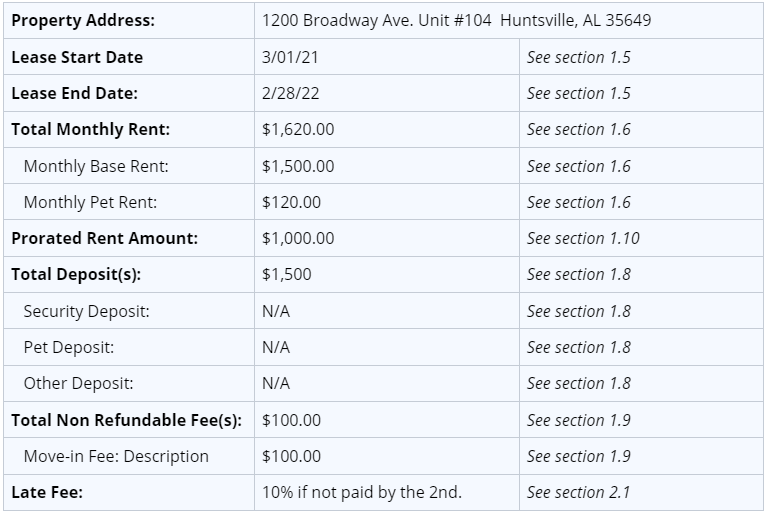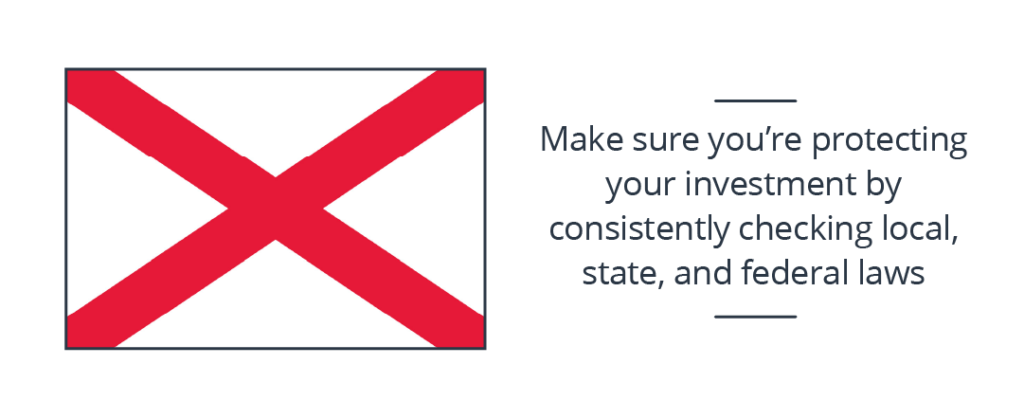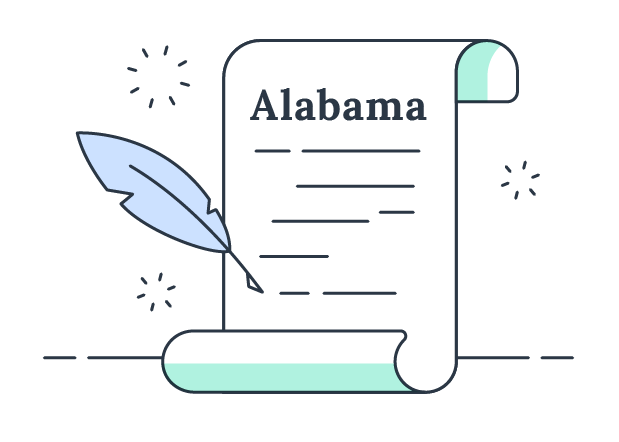Alabama is ranked as the second state for lowest property taxes and seventh for the most affordable housing market, which makes it a great place to invest in rental property. Birmingham has been ranked the number one most affordable city, which makes it a hot spot for those looking to relocate as well.

Laws that impact the rental market, landlords, and tenants are constantly being decided in states. Make sure you know what’s on your ballot – find Alabama voting information.


When it comes to Alabama rental laws, there are a few specifics landlords need to know:
- Security Deposit – Alabama limits the amount a landlord may charge for the security deposit to the equivalent of one month’s rent. Landlords must return the deposit within 60 days of the tenant moving out.
- Raising Rent – Landlords in Alabama may increase the rent to any amount for any reason with no notice.
- Notice of Entry – Alabama requires a two-day written notice from the landlord before entering.
- Repairs – It is the landlord’s responsibility to keep the rental in safe and healthy living conditions. Landlords must make repairs within 14 days of being notified by the tenant. If they fail to do so, the tenant may make the repairs themselves and deduct the cost from their next rent payment.
Alabama Landlords’ Rights and Tenant Responsibilities
- Tenants have seven days to pay rent after they receive a notice
- Must give a 30-day notice before terminating a lease
- Tenants must clean or make small repairs
- A tenant has 14 days to claim abandoned property

- Overdue Rent – If a tenant fails to pay rent on time, the landlord must give them a seven-day notice to pay or quit. If the tenant fails to pay, the landlord may file for eviction.
- Terminating a Lease – If a tenant needs to terminate a month-to-month lease, they must give the landlord a 30-day notice.
- Tenant Responsibilities – Tenants are required to keep the property clean and not disturb neighbors. If their landlord deems necessary, the tenant must clean the property within seven days of being notified by the landlord.
- Abandoned Property – If a tenant moves out and leaves personal property, the landlord must send them a written notice and store the property for 14 days. After this time period, if the ex-tenant has not claimed it, the landlord may sell it or throw it away.
Rental Application Fee
There are no additional rental application fee laws.
Criminal History Check
- HUD (Federal) laws do not classify criminal backgrounds as a protected class, but making a decision to rent based off a criminal background alone could lead to a discrimination charge as it impacts certain protected groups of people disproportionately.
- However, if the criminal background check revealed a crime for the manufacture and distribution of drugs, homicide and/or stalking, denying the application is allowed.
- Landlords should have a consistent and equal policy or procedure in place to follow regarding criminal background checks so as not to discriminate against one class of people over another.
- HUD states that a landlord cannot ask about arrest records, only convictions, as innocent people are commonly arrested though the situation may not have resulted in a conviction.
- Some municipalities may have written their own laws expanding onto what you can and cannot ask regarding criminal backgrounds during the tenant screening process.
Security Deposit
Landlords can charge up to one month’s rent as the security deposit, although that amount can increase if pets are allowed.
Build an Alabama lease agreement in less than 15 minutes.
Alabama Lease Agreement Example
There are three sections to a residential lease agreement. The first section outlines the custom details of the contract, such as who’s involved and for what address. Here’s an example Alabama lease agreement listing details found in Section 1:
Alabama Landlord-Tenant Law FAQs
Below are answers to some of the most commonly-asked questions when it comes to landlord-tenant laws in Alabama:
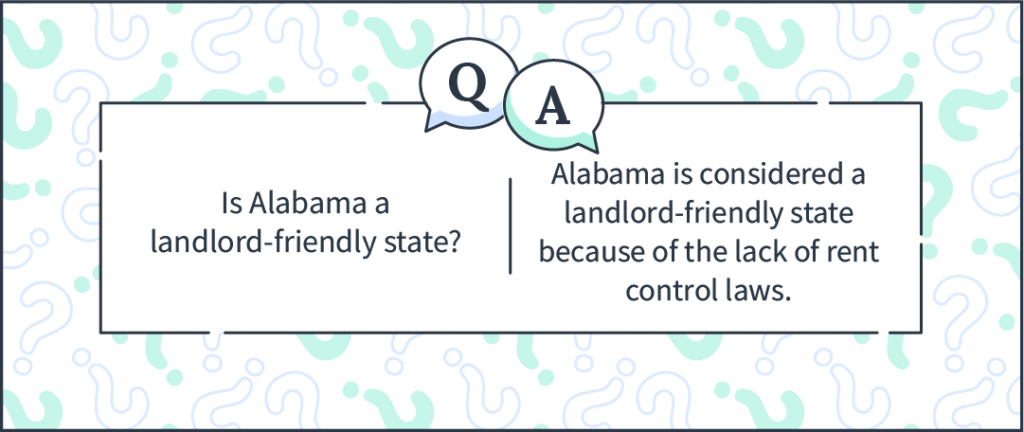
Can You Withhold Rent in Alabama?
Renters are able to pay for repairs that the landlord fails to make and deduct the cost from next month’s rent.
How Long Does it Take to Evict a Tenant in Alabama?
Evicting a tenant in Alabama can take anywhere from one month to multiple months depending on the reason for eviction.
Is Alabama a Landlord-Friendly State?
Alabama is considered a landlord-friendly state because of the lack of rent control laws.
What is the Eviction Process in Alabama?
There are six reasons a landlord may file for eviction in Alabama. The six reasons include failure to pay rent, violation of the lease agreement, misleading information on the application, the end of the lease term, safety violation, and illegal activity. Depending on the violation, the landlord must give the tenant notice and anywhere from 7 to 30 days to cure their violation.
If the tenant fails to cure or quit, then the landlord may file a complaint with the court, which costs $256. After the complaint is filed, it will be served to the tenant at least six days before the return date of the process.
After the tenant receives the summons and complaint, they are required to file an answer with the court within seven days. After the answer is filed, the court will schedule a hearing.
If the court rules in favor of the landlord, then a writ of execution will be issued immediately. Upon being served the writ of execution, the tenant will have to move out within seven days.
How Much Notice Does a Landlord Have to Give a Tenant to Move Out in Alabama?
Landlords must give a 30-day notice before asking a month-to-month tenant to vacate the property.
Due Diligence and Alabama Rental Laws
TurboTenant has utilized many municipal sources, along with official state statutes, in order to compile this information to the best of our ability. However, local laws are always in flux, and landlords and tenants alike should do their due diligence and consult legal help when it’s needed. We hope the following list can serve as a valuable resource and allow you to succeed as a landlord or tenant in Alabama. Be sure to take proper precautions when it comes to finding the top candidates for your unit by utilizing our online rental application and tenant screening services.
Disclaimer: TurboTenant, Inc does not provide legal advice. This material has been prepared for informational purposes only. All users are advised to check all applicable local, state, and federal laws, and consult legal counsel should questions arise.
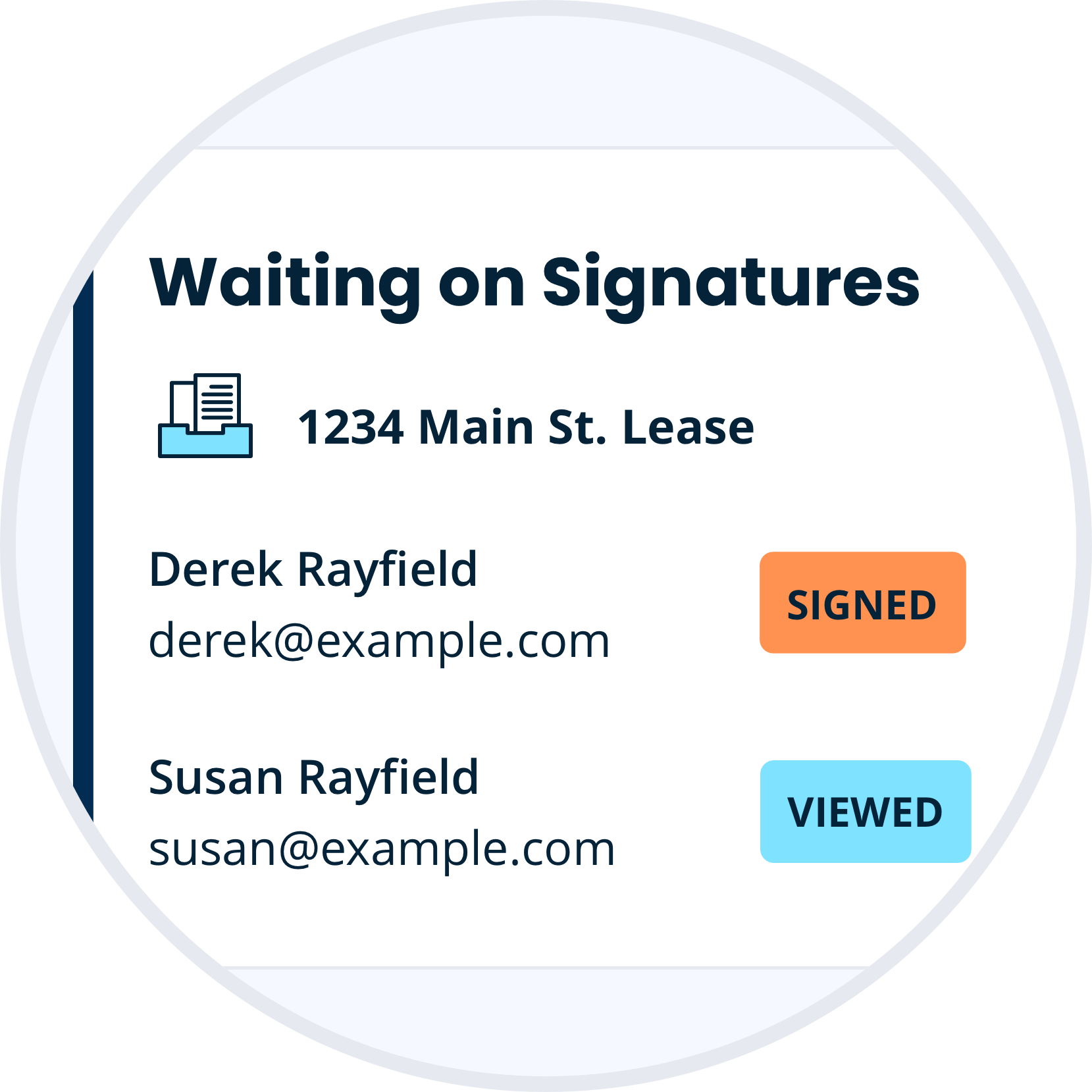
Unlimited Everything.
Create a single Alabama lease agreement, or subscribe and receive unlimited lease agreements, landlord forms pack, and e-signs for a simple annual fee. Be confident with all the legal forms and tools you need as a professional landlord.
Discover Our Unlimited PlanAlabama Landlord-Tenant Law Resources
- Landlord and Tenant – Code of Alabama 35
- Uniform Residential Landlord and Tenant Act – Code of Alabama 35-9
- Alabama Landlord and Tenant Duties
- Alabama Uniform Residential Landlord and Tenant Act
Alabama Fair Housing Resources
- Local Tenant Rights, Laws, and Protections: Alabama – HUD
- Central Alabama Fair Housing Center
- Alabama HUD
Other State Resources
Alabama Real Estate Associations
Alabama City-Specific Housing Resources
- Tuscaloosa Association of REALTORS®
- Pike county board of REALTORS® – Troy
- Birmingham Association of REALTORS®
Federal Fair Housing Resources
- Federal Fair Housing Act
- United States Department of Housing and Urban Development (HUD)
- Civil Rights Act of 1968 (Wikipedia)
Free Landlord Tools and Software

